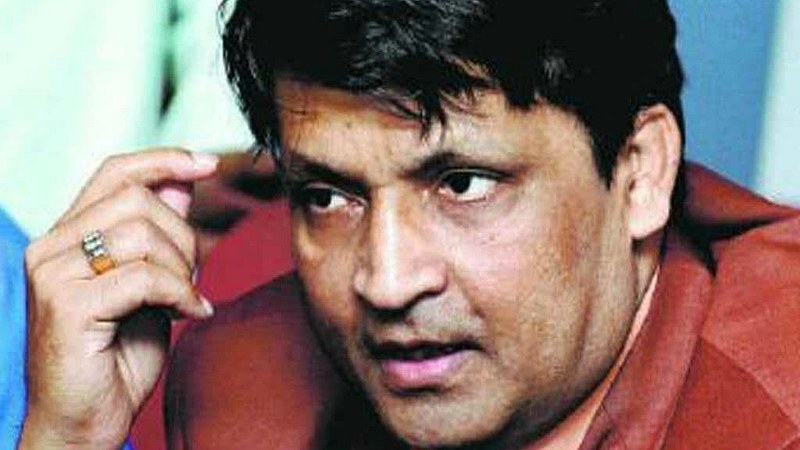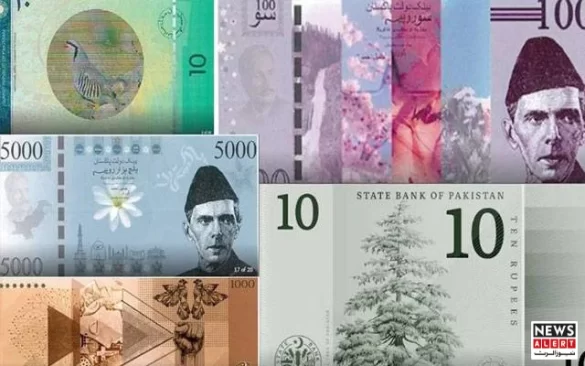Introduction
Four years have passed since the death of Umer Sharif, Pakistan’s legendary comedian, actor, and writer. Yet his quick wit, unforgettable dialogues, and timeless stage performances continue to live on in the hearts of millions. Often described as the “King of Comedy,” Sharif not only revolutionized Pakistani theatre but also influenced comedians across South Asia.
Early Life and Identity
Born on 19 April 1955 in Karachi’s Liaquatabad neighborhood, his birth name was Muhammad Umer. However, he later adopted the stage name “Umer Sharif,” inspired by the Egyptian-born Hollywood actor Omar Sharif. This choice reflected his ambition to bring sophistication and recognition to Pakistani theatre, much like his namesake had done internationally.
Rise to Fame in the 1980s
Umer Sharif’s career took off in the 1980s, an era when stage plays were recorded and distributed on audio cassettes. This innovative approach brought theatre into people’s homes, reaching audiences beyond the traditional halls. His plays gained immense popularity in Pakistan and also found eager audiences in India, where the shared culture of comedy resonated strongly.
Sharif’s humor was simple yet sharp, blending everyday experiences with social satire. Unlike slapstick routines, his comedy reflected middle-class struggles, cultural quirks, and the contradictions of modern life. This ability to make people laugh while making them think was the hallmark of his success.
Iconic Stage Plays
Over his career, Umer Sharif acted in, wrote, or directed more than 70 stage dramas. Some of his most celebrated works include:
-
Bakra Qiston Par (Goat on Installments)
-
Budha Ghar Par Hai (The Old Man is Home)
-
Meri Bhi To Eid Kara Do (Let Me Celebrate Eid Too)
-
Mamu Mazak Mat Karo (Uncle, Don’t Joke)
These plays became household names. They were often replayed on VHS tapes, later uploaded on YouTube, and remain widely watched today. Each featured a mix of slapstick, satire, and situational humor that resonated with audiences from all walks of life.
International Recognition
Sharif’s influence reached beyond Pakistan. In India, comedians such as Johnny Lever and Raju Srivastava openly acknowledged him as a mentor figure. They even honored him with the title “God of Asian Comedy,” reflecting his unique impact on South Asian entertainment. His ability to make cross-border audiences laugh highlighted comedy’s role as a shared cultural bridge.
Contributions Across Media
While theatre was his foundation, Umer Sharif’s talents were not confined to the stage. He acted in films, hosted television shows, and entertained audiences in live performances abroad. His versatility helped redefine Pakistani popular entertainment, making him one of the rare artists who found success in multiple mediums.
Moreover, Sharif was known for training and mentoring young performers. Many of today’s Pakistani comedians credit him with opening doors and setting standards for professional comedy.
Final Years and Death
In his later years, Sharif struggled with health issues, particularly heart disease. On 2 October 2021, while receiving medical treatment in Germany, he passed away at the age of 66. His death marked the end of an era for Pakistani theatre and comedy, leaving behind a void that fans and colleagues agree can never truly be filled.
Lasting Legacy
Even today, Umer Sharif’s work continues to find new audiences on YouTube, social media platforms, and digital archives. Millions still watch his plays, laughing at his timeless jokes and memorable one-liners. His ability to make people laugh across generations demonstrates that he was not just a performer but a cultural institution.
In Pakistan, his anniversaries are marked by tributes from fellow artists, fans, and cultural commentators who recognize his role in shaping the country’s comedic identity.
Conclusion
Umer Sharif’s fourth death anniversary is not only a moment of remembrance but also a reminder of his unmatched contribution to South Asian comedy. His performances bridged borders, challenged social norms through humor, and brought laughter to countless households.
Though the curtain fell on his life in 2021, Umer Sharif remains a permanent presence in Pakistan’s cultural memory—proof that true legends never fade, they simply live on through their art.














